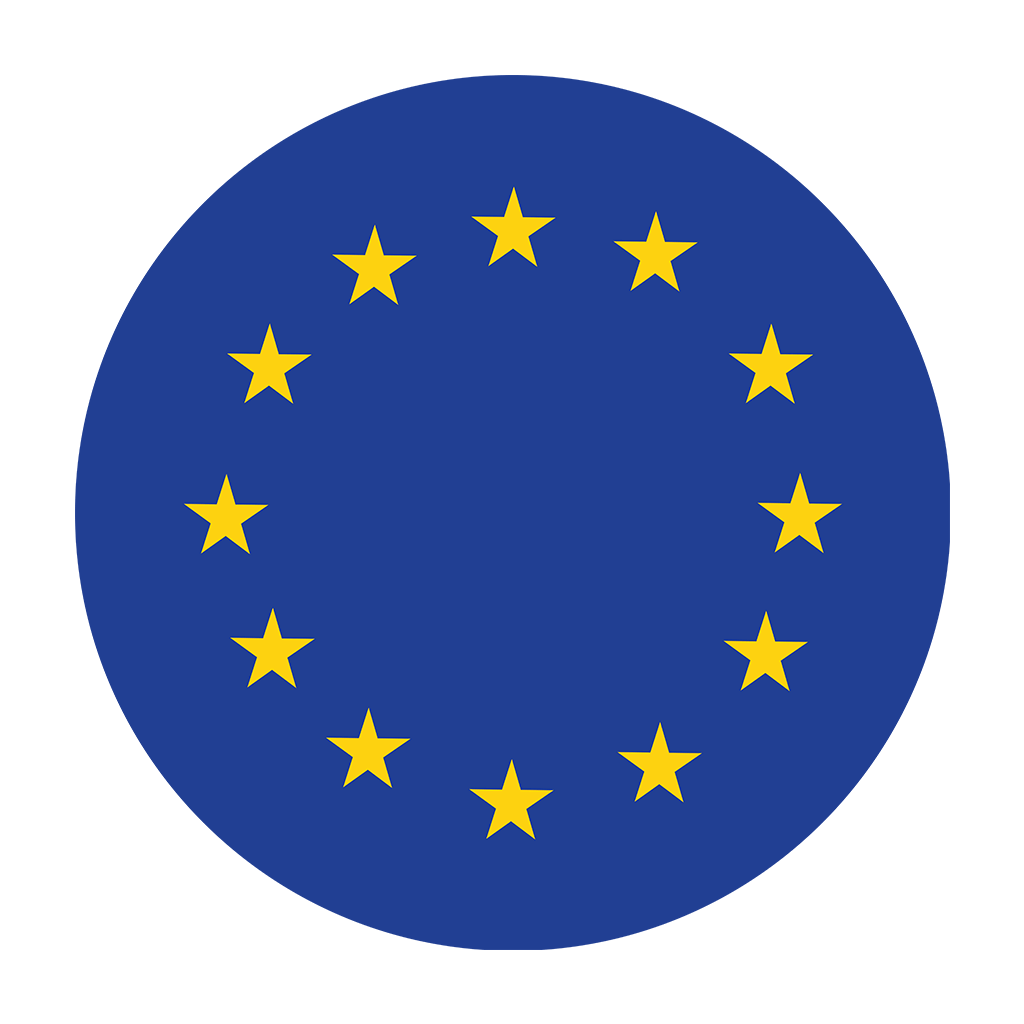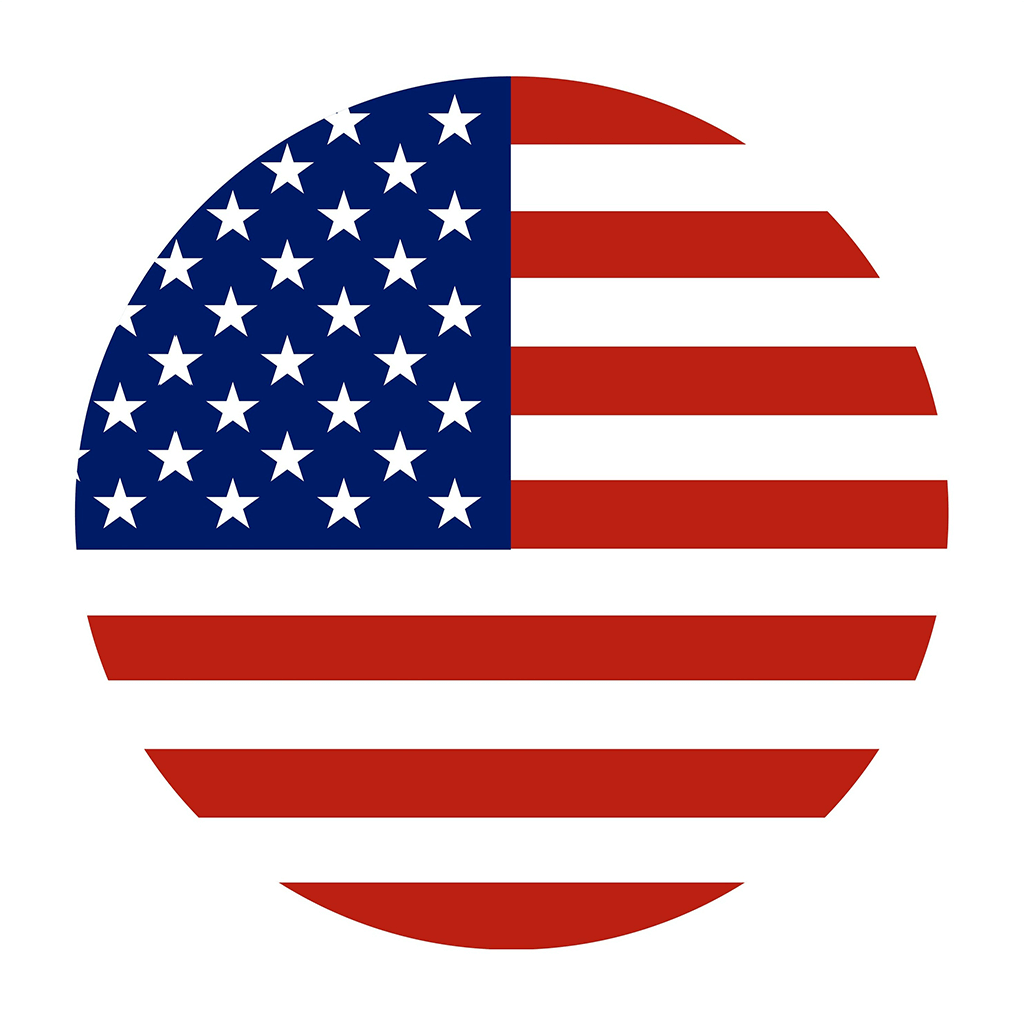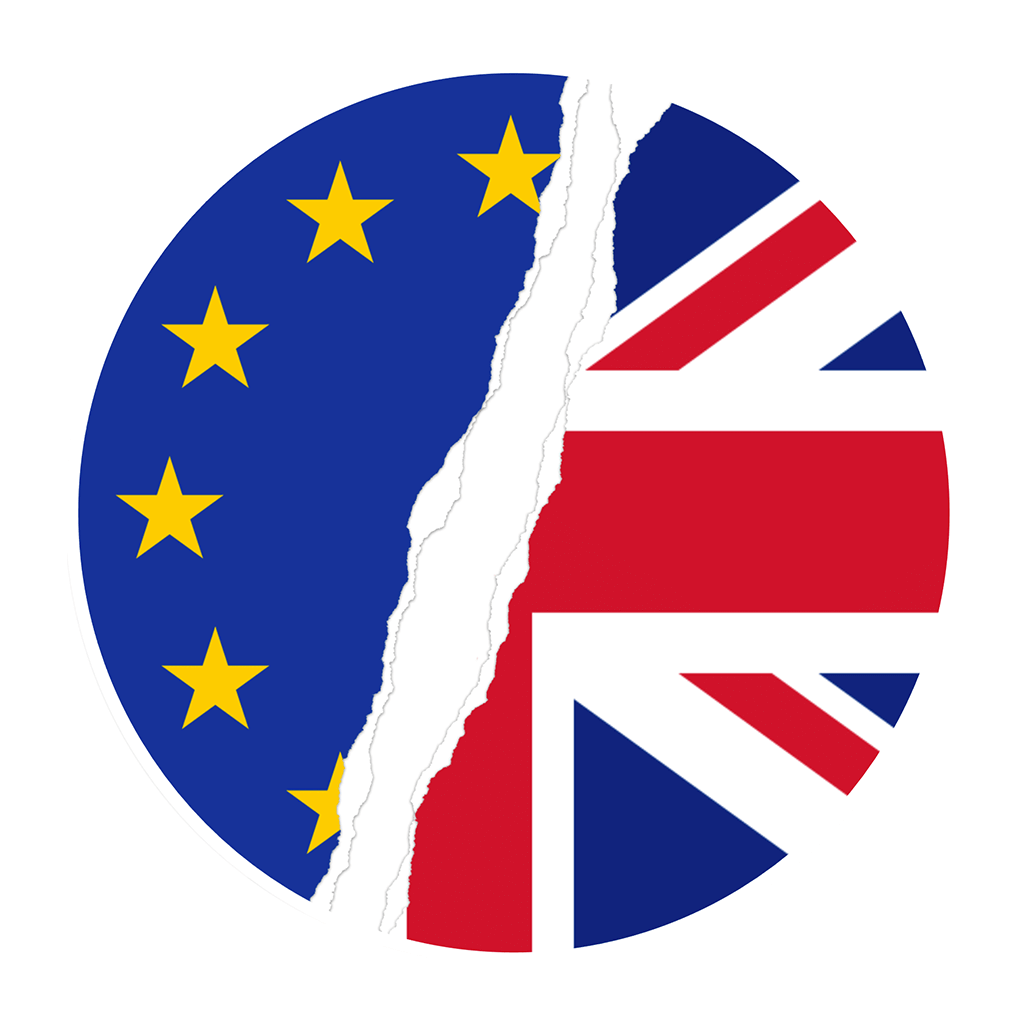Resources
Africa’s global trade relations
International trade and the global economy have undergone significant changes in recent years as a result of improved technology, a shift towards trade in services, and increasing integration through the dismantling of the production process across borders and expansion of global (and regional) value chains. As Africa confronts the challenges of the evolving international trade landscape and an increasingly globalised world economy, the nature of its trading relationships has been undergoing significant shifts in recent years.
While trade with its traditional trading partners, particularly the European Union and the United States, has been declining, trade ties with emerging economies and global players, notably the BRICS (Brazil, Russia, India, China and South Africa), has been steadily increasing. The United Kingdom’s withdrawal from the European Union (Brexit), and multilateral developments in the World Trade Organisation (WTO), also have important implications for African countries.
Economic Partnership Agreements with the European Union
The European Union (EU) is currently negotiating a series of Economic Partnership Agreements (EPAs) with the 79 countries from the African, Caribbean and Pacific (ACP) region with the aim of promoting ACP-EU trade and ultimately contributing, through trade and investment, to sustainable development and poverty reduction. They are based on the principle of asymmetrical market opening, meaning that they provide a better access to the EU market for ACP partners. EPAs replace the previous market access regime of unilateral preferences for ACP countries. To date, negotiations have been concluded with SADC, the EAC, Central Africa (Cameroon), several East and Southern African countries, and the West Africa EPA group (Ghana and Côte d’Ivoire).
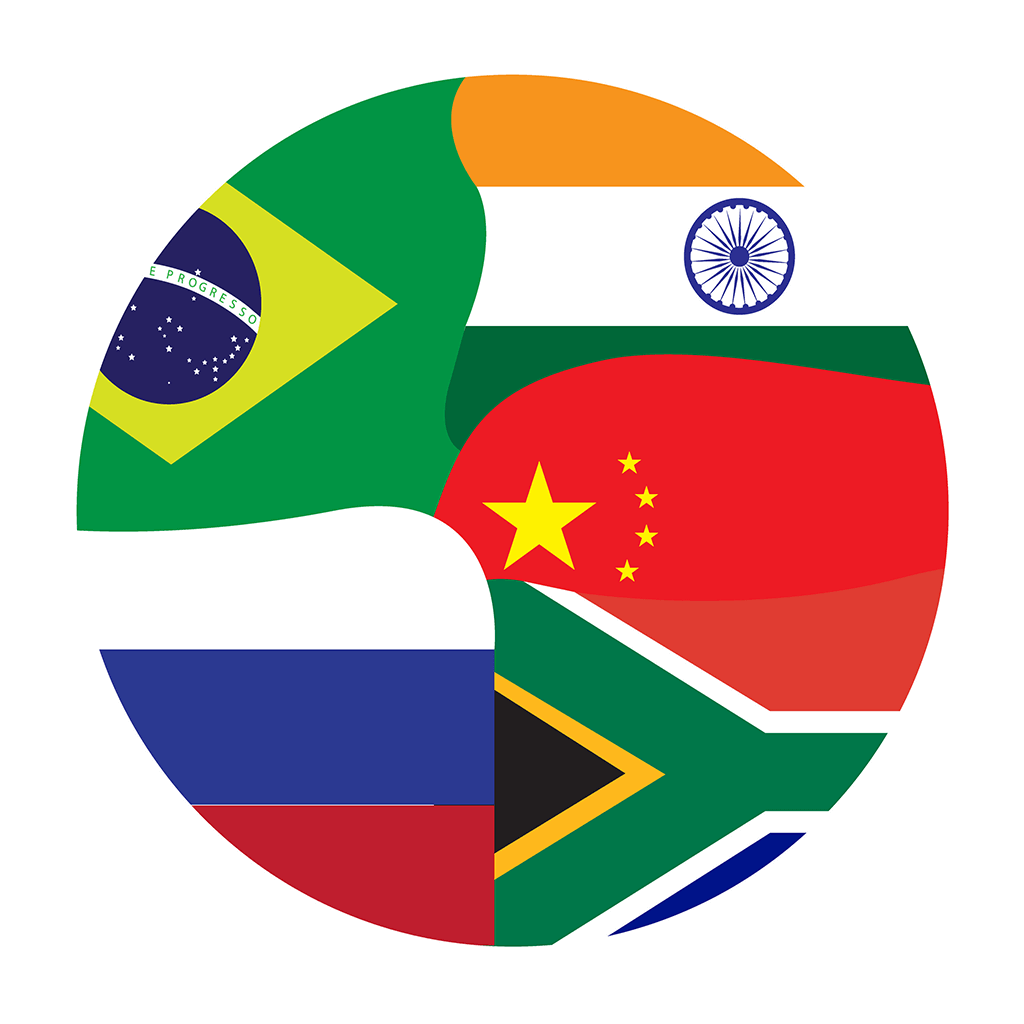 BRICS (Brazil, Russia, India, China and South Africa) cooperation
BRICS (Brazil, Russia, India, China and South Africa) cooperation
In 2006, the four BRIC countries (Brazil, Russia, India and China) initiated regular informal diplomatic coordination, with annual meetings of Foreign Ministers at the margins of the United Nations General Assembly (UNGA). These interactions led to the decision that the dialogue was to be carried out at the level of Heads of State and Government in annual Summits, the first of which was held in Yekaterinburg in 2009. Since then, the depth and scope of the dialogue among the Members of BRICs – which became BRICS in 2011 with the inclusion of South Africa – has been further enhanced. In August 2023, at the 15th Summit in Johannesburg, South Africa, it was decided that six (6) new members would be admitted to the BRICS group of developing countries: Saudi Arabia, Iran, Ethiopia, Egypt, Argentina and the United Arab Emirates. The new candidates will formally become members on 1 January 2024.
Africa and the United States
The United States Trade Representative’s (USTR) Office of African Affairs develops and coordinates U.S. trade and investment policy for the 49 countries of sub-Saharan Africa. It leads the negotiation and implementation of U.S. trade and investment policies and objectives in the region. The Administration seeks both to expand markets for U.S. goods and services in sub-Saharan Africa and to facilitate efforts to bolster African economic development through increased global, regional, and bilateral trade. Sub-Saharan Africa presents many opportunities for U.S. businesses as an emerging market for American exports. Many of the fastest growing economies in the world are in sub-Saharan Africa, according to the International Monetary Fund.
The UK’s exit from the EU – Brexit
At 23:00 GMT on Friday 31 January, 2020, the United Kingdom (UK) officially withdrew as a member of the European Union (EU). The Brexit withdrawal saga came to an end, but not the process of re-establishing national trade governance in the UK and concluding a new trade agreement with the EU, the UK’s most important trading partner. The Withdrawal Agreement provides for a transitional period until 31 December 2020 to hammer out this arrangement. Thereafter, the UK can conclude trade agreements with third parties such as the US and China. It will also return to the WTO as a member in its own right. A political declaration setting out the framework for the future relationship between the EU and the UK was published on 12 November 2019, along with the official text of the Withdrawal Agreement.
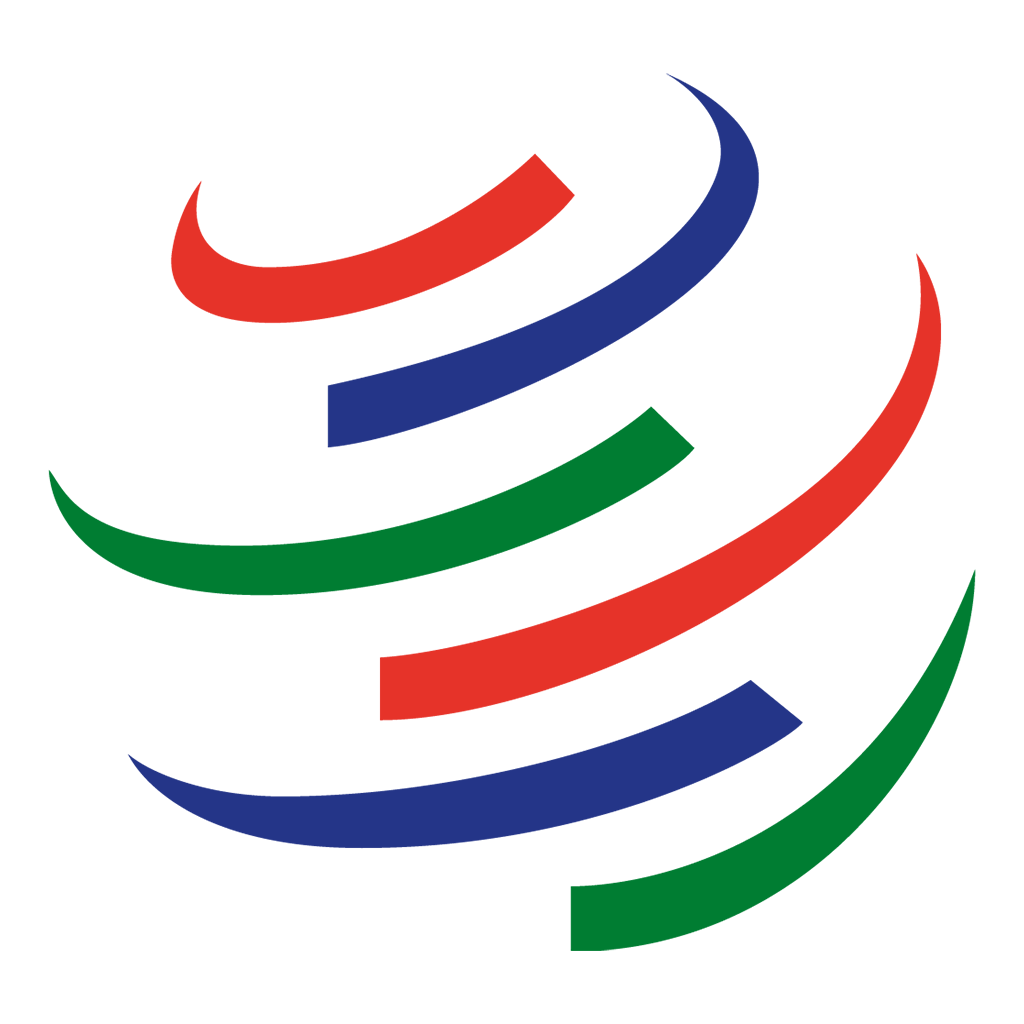 World Trade Organisation (WTO)
World Trade Organisation (WTO)
The World Trade Organisation (WTO) is the only global international organisation dealing with the rules of trade between nations. At its heart are the WTO agreements, negotiated and signed by the bulk of the world’s trading nations and ratified in their parliaments. The goal is to ensure that trade flows as smoothly, predictably and freely as possible. The WTO operates a global system of trade rules: it acts as a forum for negotiating trade agreements, it settles trade disputes between its members and it supports the needs of developing countries. The current Director-General of the WTO is Dr Ngozi Okonjo Iweala. The next meeting of international trade ministers and senior officials from the WTO’s 164 members will take place at the 13th WTO Ministerial Conference (MC13) in Abu Dhabi, United Arab Emirates (UAE), in February 2024.


